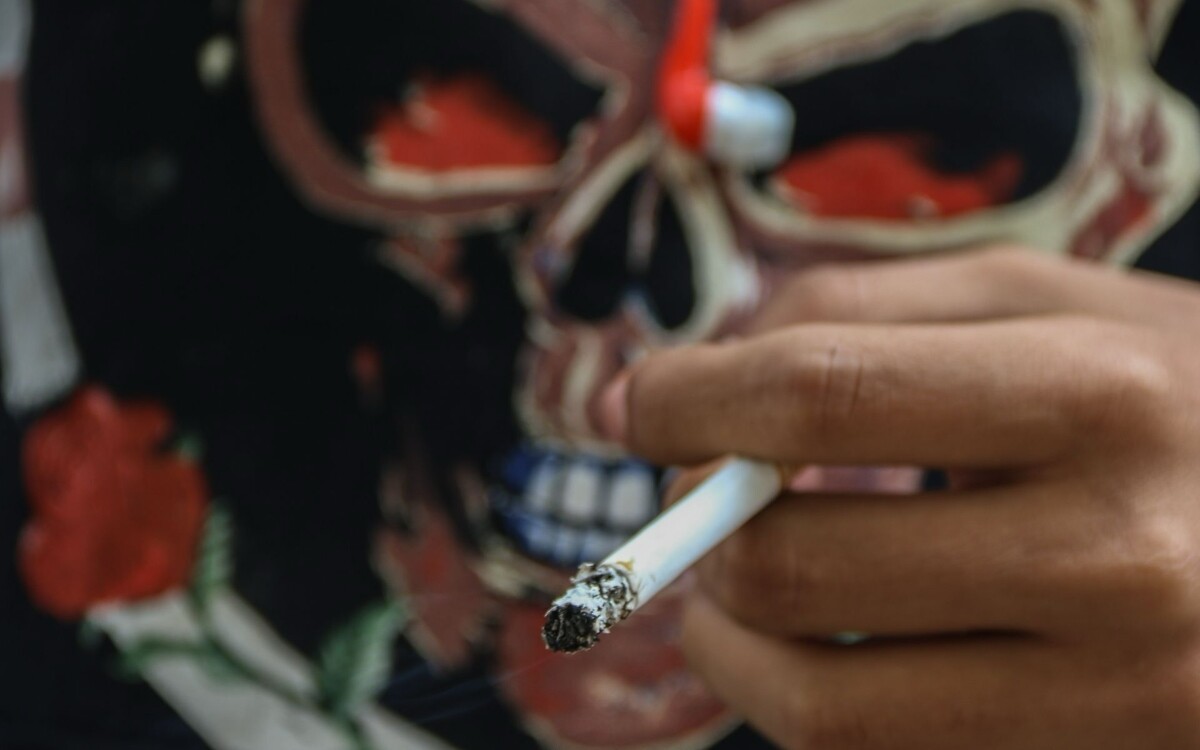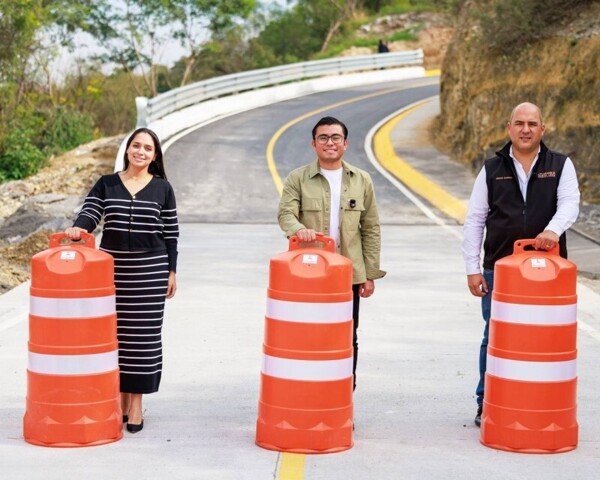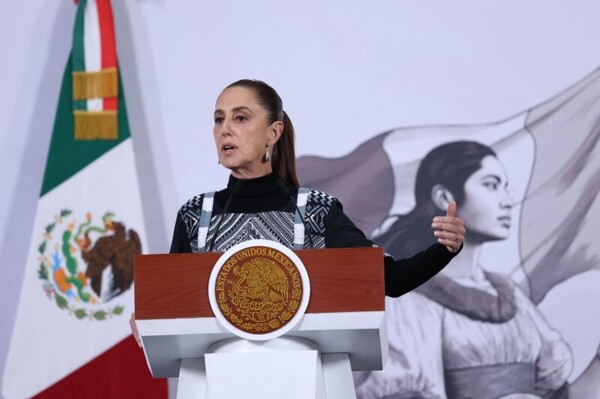
The illicit market for vapes and tobacco in Mexico has become one of the most dynamic sources of financing for organized crime, with seven cartels currently vying for control of this market in the country, warns a report by civil society organizations and a Mexican journalist.
In the document 'Smoke, Vaping and Power: the new business of organized crime,' specialists stated that the economies of prohibited vapes and illegal tobacco are currently experiencing 'rapid expansion' that already sustains operations for at least seven cartels, some of which have recently been designated as terrorist organizations by the United States.
The report documents that at least seven organizations — CJNG, Sinaloa Cartel, New Michoacan Family, Gulf Cartel, Northeast Cartel, United Cartels, and La Unión Tepito — have turned tobacco and illicit vapes into a 'strategic cash box.'
'This market finances weapons, criminal logistics, and confrontations in at least 16 high-risk states,' warned journalist Óscar Balderas.
The report, prepared by the organizations Defensorxs, México Evalúa, El Colegio de México, Causa Común, and Balderas, shows that the lack of effective regulation and the prohibition of vaping have created a vacuum that various criminal organizations have immediately occupied.
Specialists emphasized that the lack of traceability and the existing prohibition have created a market dominated by cartels that clandestinely import devices — mainly from Asia —, repackage them, market them digitally, and distribute them through networks that include minors in schools and street markets.
Defensorxs identified particularly serious collateral effects: police extortion favored by legal ambiguity; recruitment of minors as sellers; money laundering through front companies; and difficult-to-track digital sales.
In this business, Sinaloa Cartel factions linked to the 'Chapitos' have established significant control, while La Unión Tepito has strengthened ties with Asian suppliers to dominate the supply in the country's capital.
The Northeast Cartel has also found in vapes a source of financing, as has the Gulf Cartel, which —according to the report— has replaced fentanyl trafficking with that of vapes and tobacco to keep its routes to Texas active.
Illegal tobacco: smuggling and diversification
Illegal tobacco already represents two out of every ten cigarettes consumed in Mexico and moves between 15 and 20 billion pesos a year.
This market operates with complete networks of pirate manufacturing, clandestine warehouses, cargo theft, distribution, and retail sales, according to the report.
The document specifies that the Jalisco New Generation Cartel (CJNG) produces tobacco in clandestine factories in the State of Mexico, Morelos, and Jalisco, while exploring transgenic crops to secure its supply.
Meanwhile, the New Michoacan Family uses illegal tobacco to reinforce social control in Tierra Caliente (Michoacán, Guerrero, and State of Mexico), and United Cartels, the Gulf Cartel, and the Northeast Cartel use it to finance their operations.
The mixture of legal and illegal merchandise in transport has contaminated entire supply chains without companies detecting it, specialists explained.
Specialists agreed that Mexico needs clear regulation, strict traceability, customs supervision, and a frontal strategy against criminal networks to prevent these markets from continuing to strengthen organized crime.














